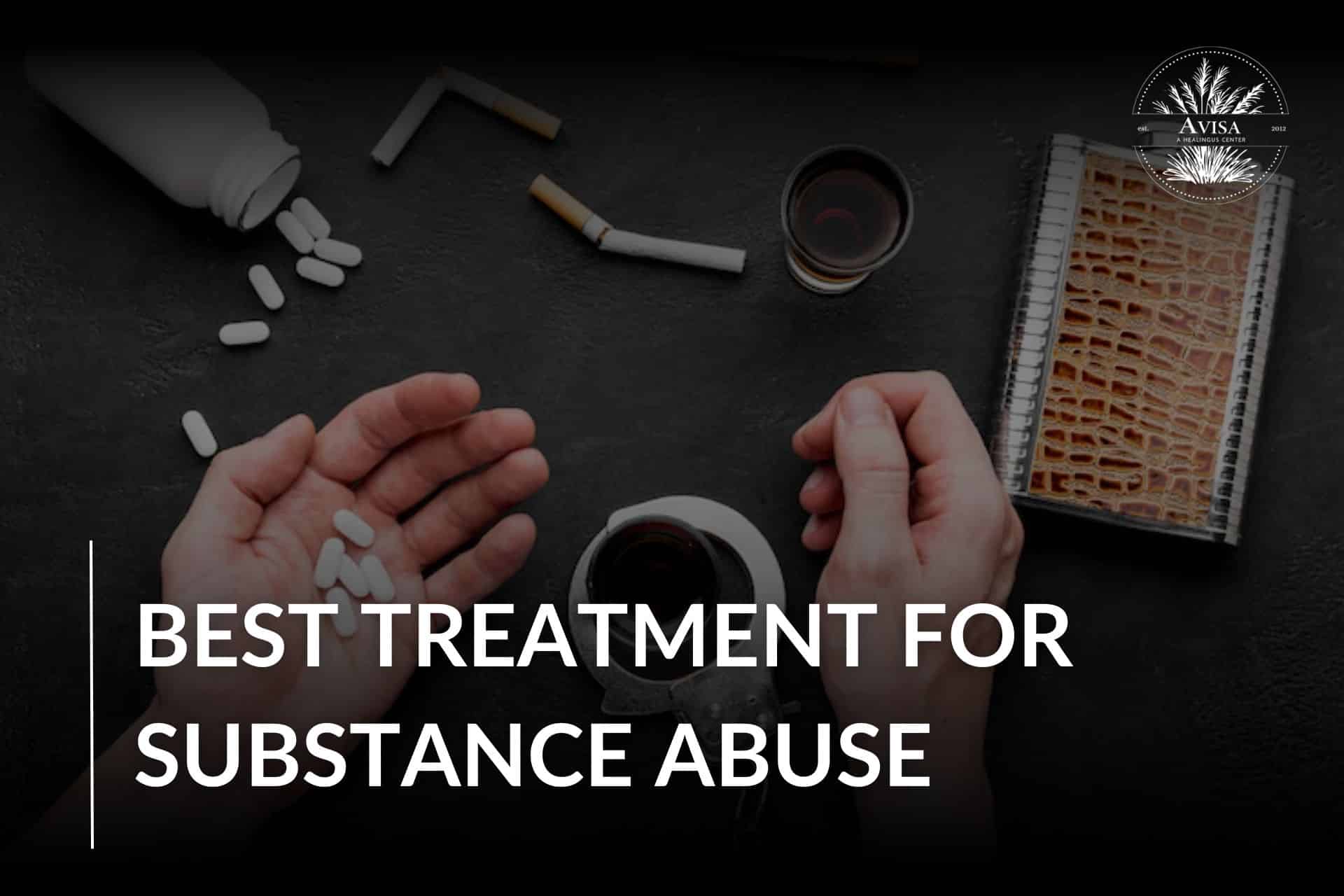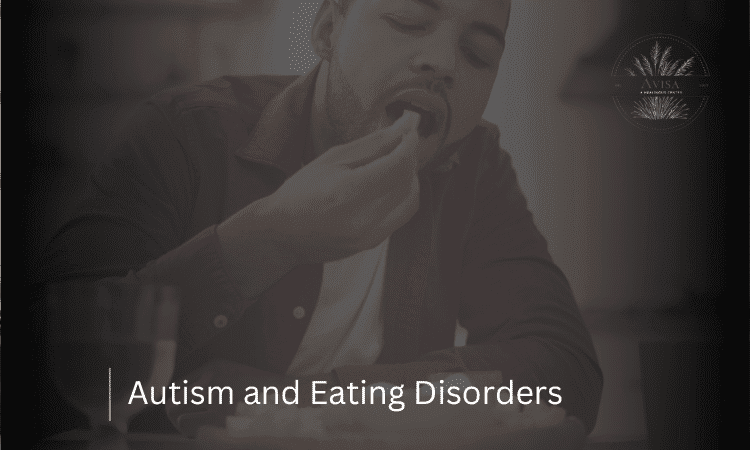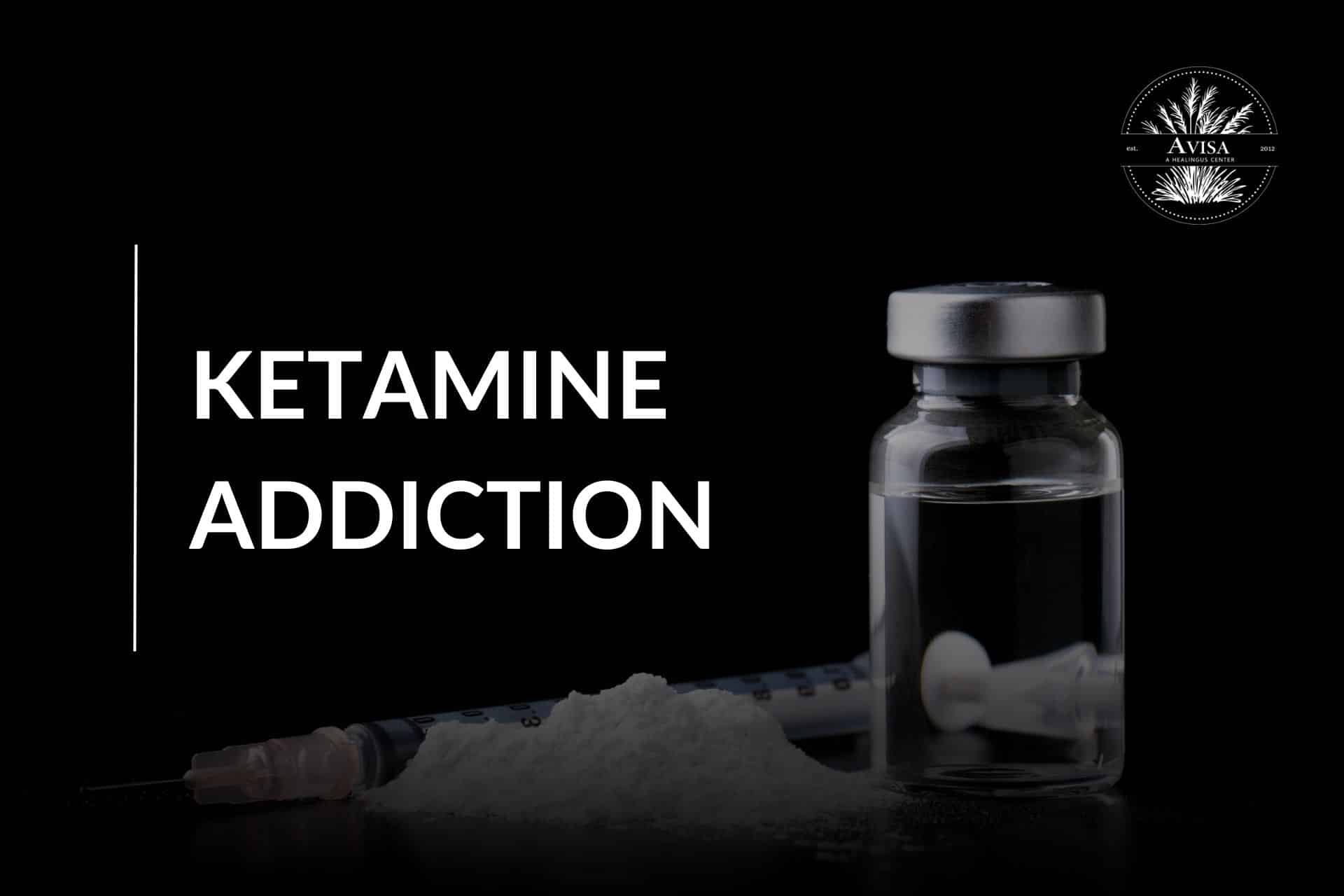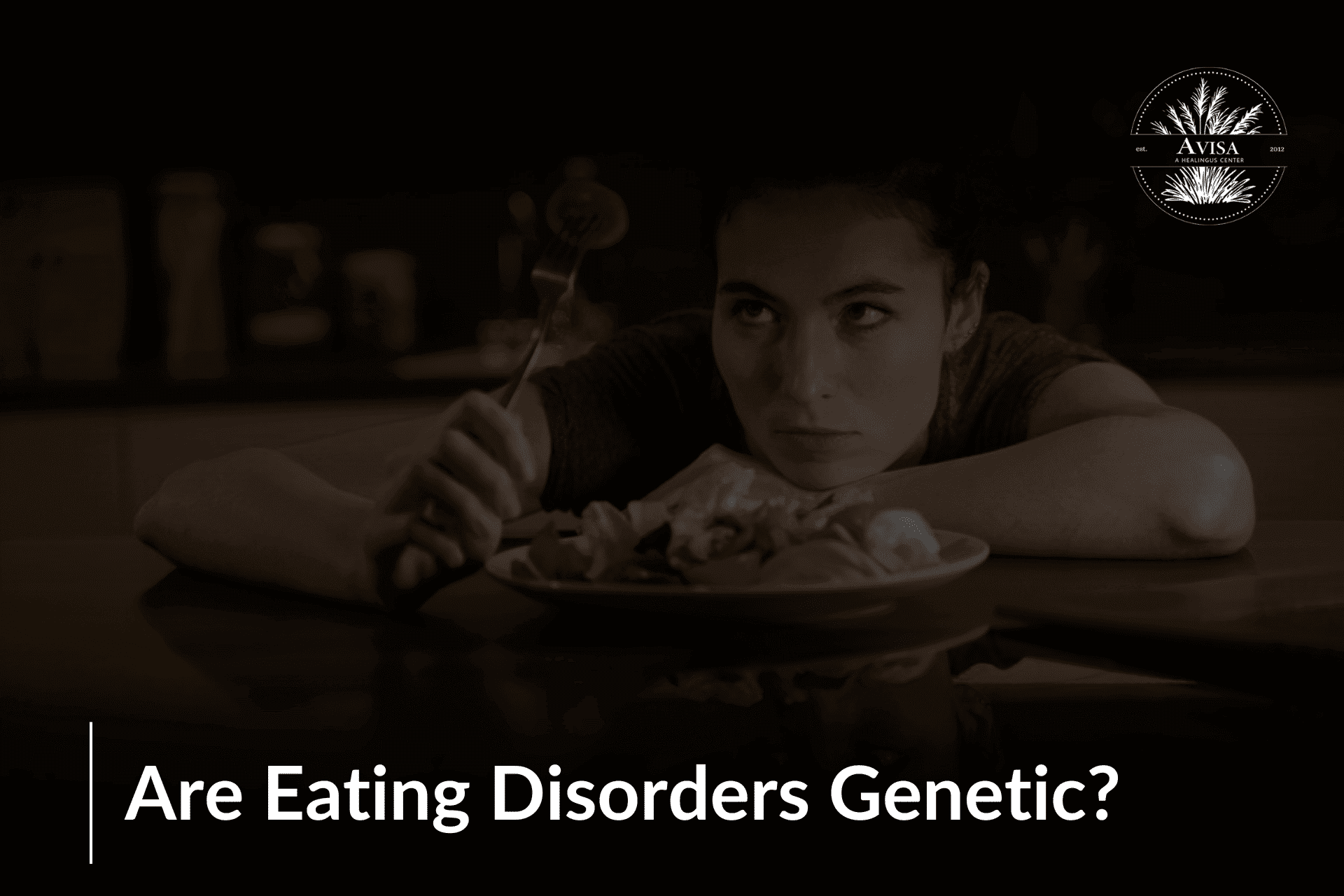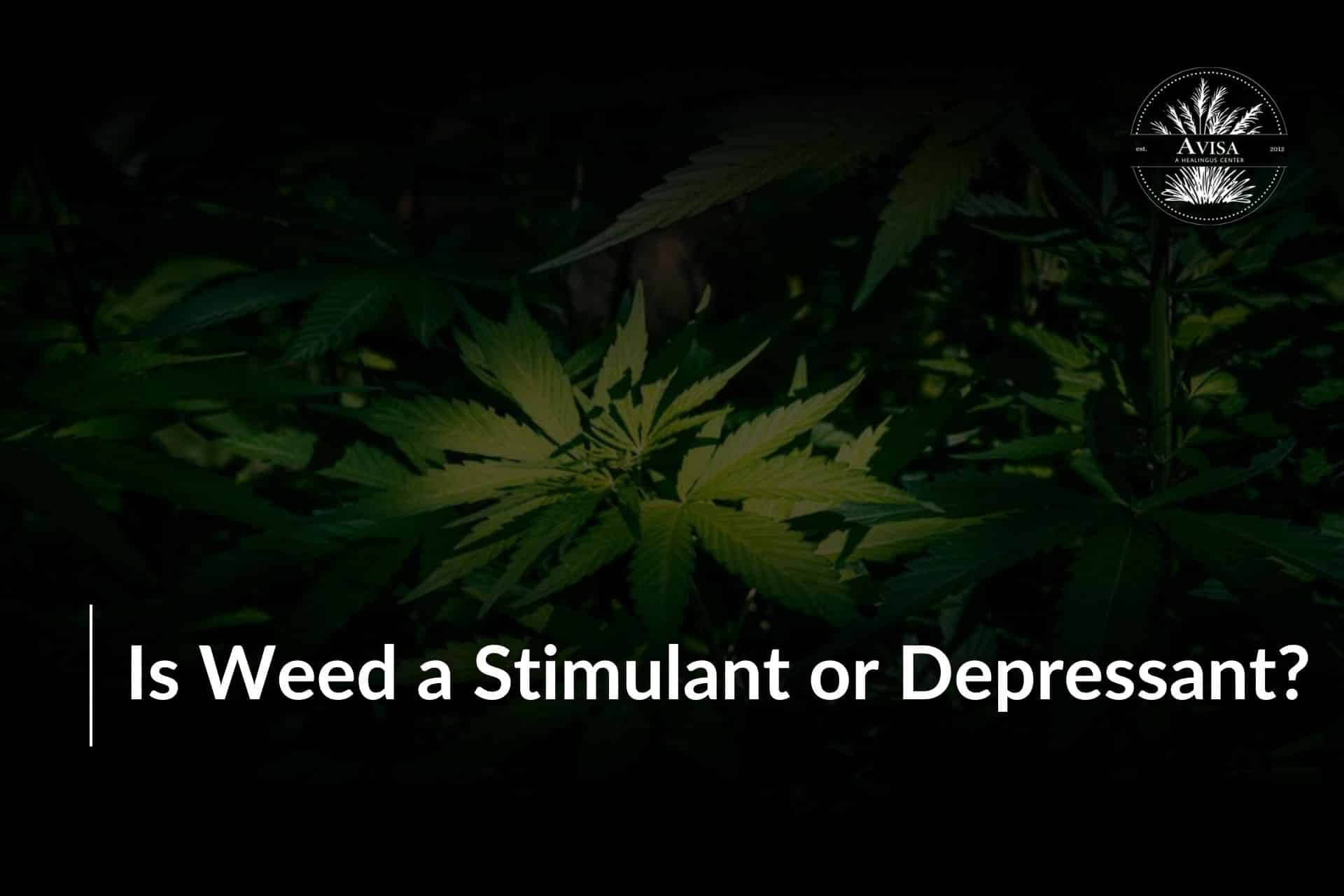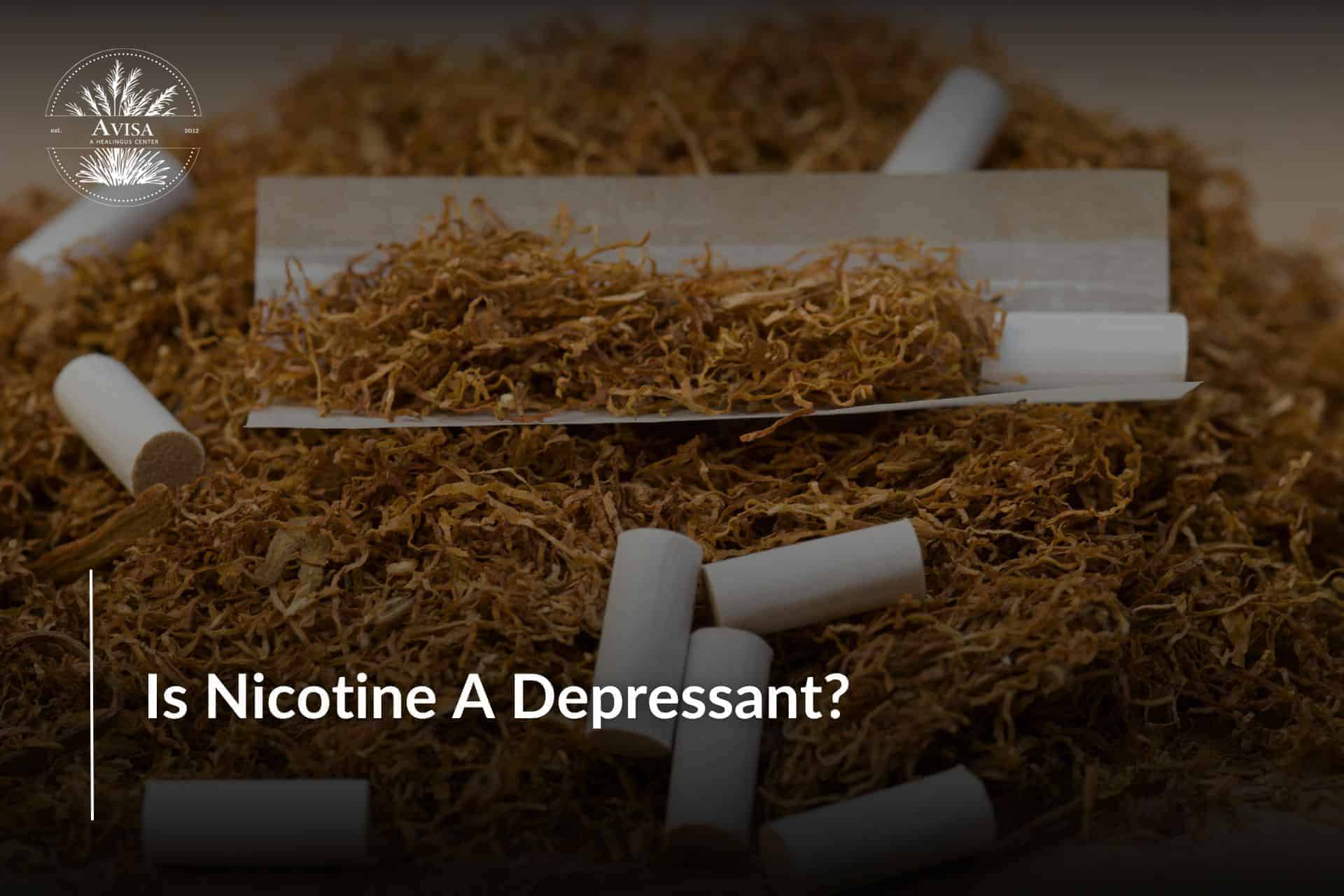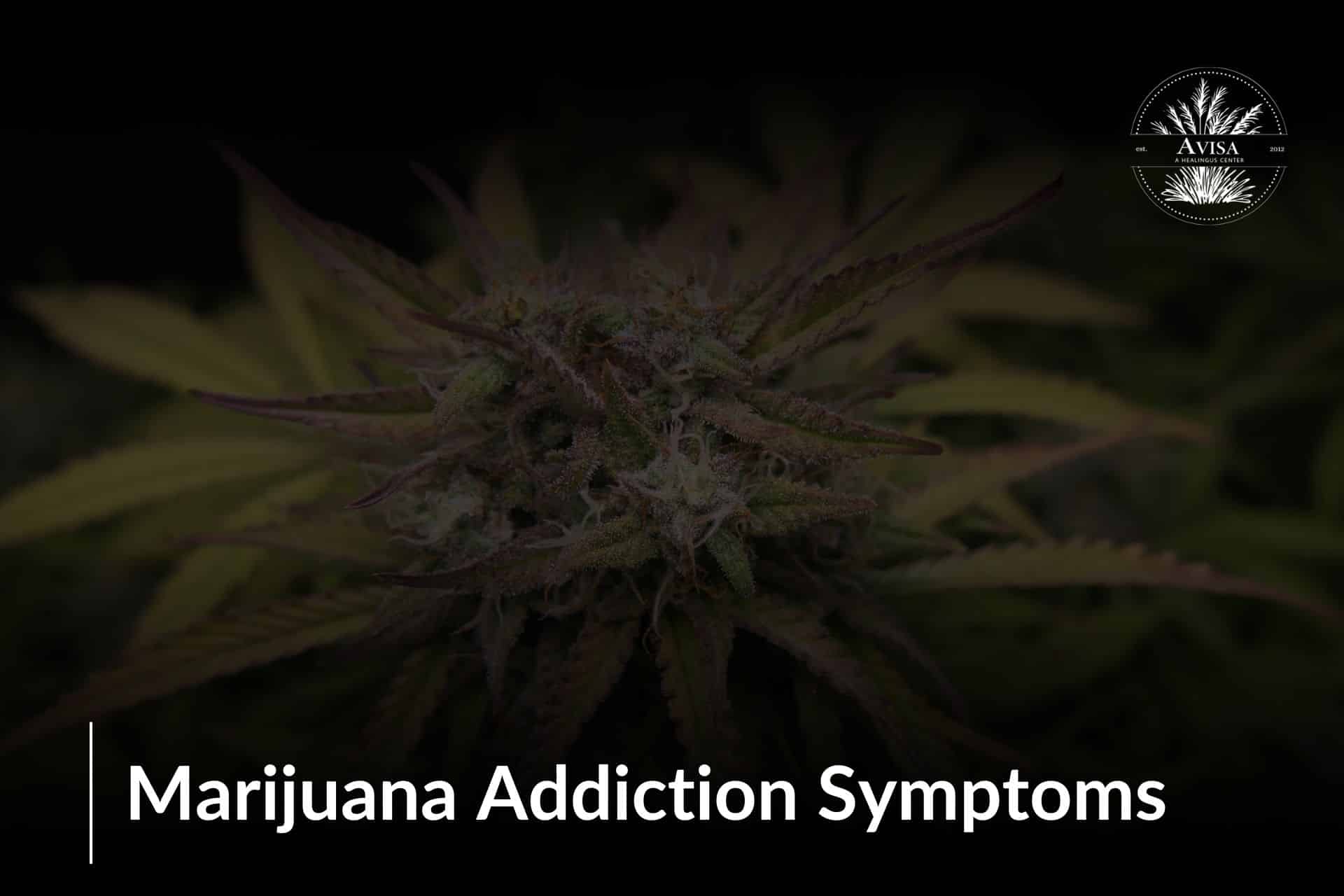Substance abuse is a serious issue. It affects people of all ages and backgrounds. This problem involves using alcohol, prescription drugs, or illegal drugs in harmful ways. Misusing these substances can lead to major health problems. It can also have terrible effects on individuals, families, and communities. When someone abuses substances, it can disrupt their social life, job, and other important parts of their life.
Getting the right treatment is crucial for beating addiction. The right help can allow people to reclaim their lives. They can feel better and become active members of society again. Effective treatments help people stop their addiction and address the reasons they started using substances in the first place.
Understanding Substance Abuse
Substance abuse is a complex and widespread issue that profoundly impacts both individuals and society as a whole. It refers to the misuse of drugs or alcohol, leading to negative consequences such as physical harm, impaired judgment, and social dysfunction.
- Impact on Individuals: Substance abuse can result in addiction, health complications, impaired judgment, financial problems, legal issues, and social isolation.
- Impact on Society: Substance abuse contributes to increased healthcare costs, crime rates, lost productivity, strained relationships, and societal stigma.
Commonly abused substances and their effects
- Alcohol: Excessive alcohol consumption can lead to liver disease, impaired cognitive function, addiction, and increased risk of accidents and injuries.
- Opioids: Opioid abuse can cause respiratory depression, overdose, addiction, and long-term health complications.
- Stimulants: Stimulant abuse may result in increased heart rate, hypertension, paranoia, psychosis, and addiction.
- Cannabis: Cannabis abuse can lead to impaired memory, cognitive function, lung damage, addiction, and mental health issues.
- Prescription Drugs: Misuse of prescription medications, such as opioids, benzodiazepines, and stimulants, can result in addiction, overdose, and health complications.
The cycle of addiction and challenges faced by individuals seeking treatment
The cycle of addiction and the challenges individuals face when seeking treatment are crucial for developing effective prevention and intervention strategies.
A Cycle of Addiction
- Initial Use: Experimentation with drugs or alcohol.
- Escalation: Increased tolerance and continued use.
- Dependence: Reliance on substances, leading to withdrawal.
- Addiction: Compulsive drug-seeking behavior.
Challenges Faced by Individuals Seeking Treatment
- Stigma: Fear of societal judgment.
- Denial: Difficulty acknowledging the problem.
- Lack of Resources: Limited access to treatment.
- Co-occurring Disorders: Mental health issues alongside addiction.
- Relapse: Challenges maintaining sobriety.
Traditional Treatment Approaches
Traditional treatment methods for substance abuse typically include detoxification and counseling. Detoxification aims to rid the body of drugs or alcohol and manage withdrawal symptoms, often conducted in a medically supervised setting. Counseling involves individual or group therapy sessions to address underlying issues, develop coping skills, and support long-term recovery.
Effectiveness and limitations of traditional approaches
- Relapse Risk: Without addressing underlying triggers and factors contributing to addiction, there is a higher risk of relapse.
- One-Size-Fits-All Approach: Traditional methods may not adequately cater to the diverse needs and preferences of individuals seeking treatment.
- Lack of Holistic Approach: Focusing solely on detoxification and counseling may overlook other aspects of an individual’s well-being, such as nutrition, physical fitness, and spirituality.
While traditional treatment approaches play a vital role in addiction recovery, integrating holistic and personalized elements can enhance their effectiveness and address the complexities of substance abuse more comprehensively.
Evidence-Based Practices
Evidence-based treatment approaches refer to interventions that have been rigorously researched and proven effective through scientific evidence. These approaches prioritize the use of interventions and techniques that have demonstrated positive outcomes in treating substance abuse and related disorders.
Overview of specific evidence-based practices
- Cognitive Behavioral Therapy (CBT): CBT is a widely used therapeutic approach that focuses on identifying and changing maladaptive thoughts, beliefs, and behaviors associated with substance abuse. It helps individuals develop coping skills, manage cravings, and prevent relapse.
- Motivational Interviewing (MI): MI is a client-centered counseling approach that aims to enhance motivation and commitment to change. It involves exploring ambivalence, eliciting self-motivational statements, and guiding individuals towards making positive behavioral changes related to substance use.
- Medication-Assisted Treatment (MAT): MAT involves the use of FDA-approved medications, such as methadone, buprenorphine, and naltrexone, in combination with counseling and behavioral therapies to treat substance use disorders. These medications help alleviate withdrawal symptoms, reduce cravings, and normalize brain chemistry.
How does substance use disorder develop?
Understanding what causes substance use disorder is important for stopping it and helping those affected.
- Brain Chemistry
Using drugs or alcohol a lot can change how the brain works. These changes can affect mood, behavior, and thinking, which can lead to addiction. - Genetics
Genetics play a big part. If someone in your family has addiction issues, you might have a higher risk because of shared genes. - Mental Health Conditions
Many people with substance use disorder also have mental health issues like depression or anxiety. They might use drugs or alcohol to feel better, but this often makes addiction worse. - Access and Exposure
Being around drugs or alcohol a lot increases the risk. If it’s easy to get these substances or if friends use them, you might start using them too. - Adverse Childhood Experiences (ACEs)
Bad experiences in childhood, like abuse or neglect, can increase the risk of addiction later. These experiences can cause emotional pain, leading some to use drugs or alcohol to cope.
By knowing these factors, we can work on better ways to prevent and treat substance use disorder.
What is the treatment for substance use disorder?
Substance use disorder (SUD) is a complex illness that impacts a person’s life in many ways. Traditional treatment approaches often focus on managing withdrawal symptoms and preventing relapse. However, a growing body of evidence suggests that integrating holistic methods into treatment plans can significantly improve recovery outcomes.
Holistic therapies address the physical, mental, and emotional aspects of addiction. This comprehensive approach can provide individuals with a wider range of tools to manage cravings, cope with stress, and build a healthier lifestyle.
Let’s explore some of the key benefits of integrating holistic methods into addiction treatment
Improved Overall Well-being: Holistic therapies like yoga, meditation, and acupuncture can promote relaxation, reduce anxiety, and improve sleep quality. This can create a foundation for overall improved well-being, making it easier to focus on recovery.
Developing Healthy Coping Mechanisms: Many holistic approaches teach individuals valuable skills for managing stress and difficult emotions without resorting to substances. This empowers individuals to maintain sobriety in the long term.
Addressing Underlying Issues: Addiction often stems from deeper emotional or psychological issues. Holistic therapies like art therapy or mindfulness can provide a safe space to explore these underlying issues and develop healthier coping strategies.
Building a Support System: Some holistic modalities, like group acupuncture or meditation classes, can foster a sense of connection and belonging. This social support system can be crucial for individuals in recovery.
By integrating holistic methods, treatment plans become more comprehensive and address the multifaceted nature of addiction. This holistic approach ultimately increases the chances of long-term recovery and a fulfilling life beyond substance use.
Frequently Asked Questions
Que: What is the best treatment model for substance abuse?
Ans: Cognitive Behavioral Therapy (CBT) is widely applicable in addressing various forms of problematic substance use. Through CBT techniques, individuals are empowered to identify and modify their maladaptive behaviors. This therapeutic approach aids individuals in acquiring coping strategies, recognizing risky situations, and effectively managing them, ultimately reducing the likelihood of relapse.
Que: What is the best form of treatment for substance use disorders?
Ans: Studies indicate that a blend of medication and therapy is effective in treating substance use disorders, with certain medications aiding in sustaining recovery. Additionally, medications are utilized to prevent or minimize opioid overdose occurrences. The overarching objective is achieving complete recovery, which encompasses the capacity to lead an autonomous life.
Que: What is the treatment model?
Ans: The model suggests that an individual’s emotional reactions and behavioral decisions are influenced by how they perceive or evaluate events in their environment.
Take action today!
Throughout this blog, we’ve explored the complexities of substance abuse and its profound impact on individuals and society. We discussed the cycle of addiction, challenges faced by those seeking treatment, and traditional approaches such as detoxification and counseling.
If you or someone you know is struggling with substance abuse, remember that help and support are available. Take action today by reaching out to a trusted healthcare professional, counselor, or support group. You don’t have to face this journey alone. Connect with Avisa and take the first step towards recovery.


